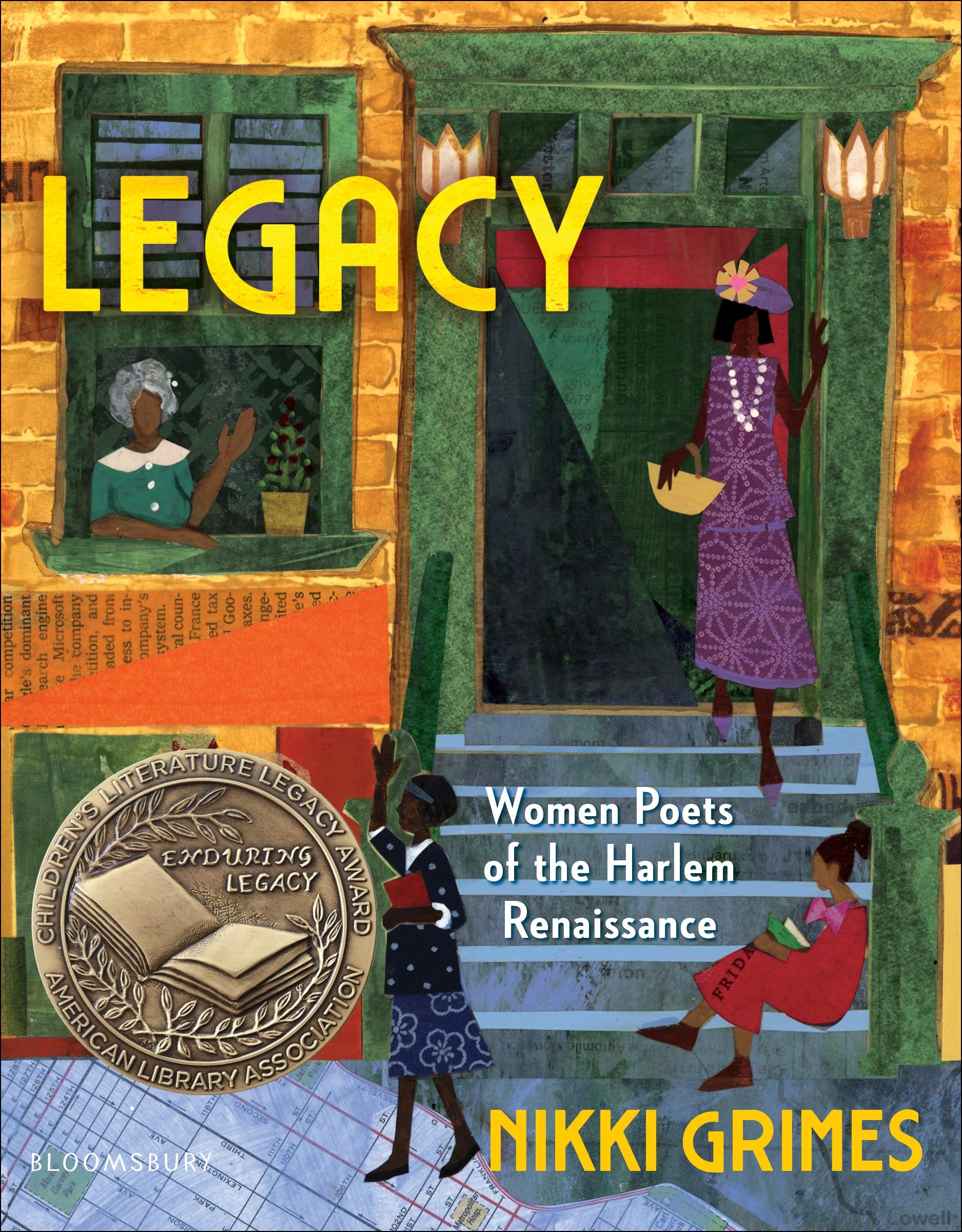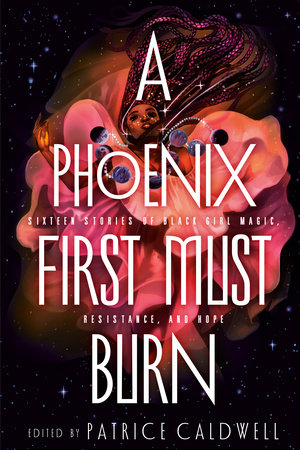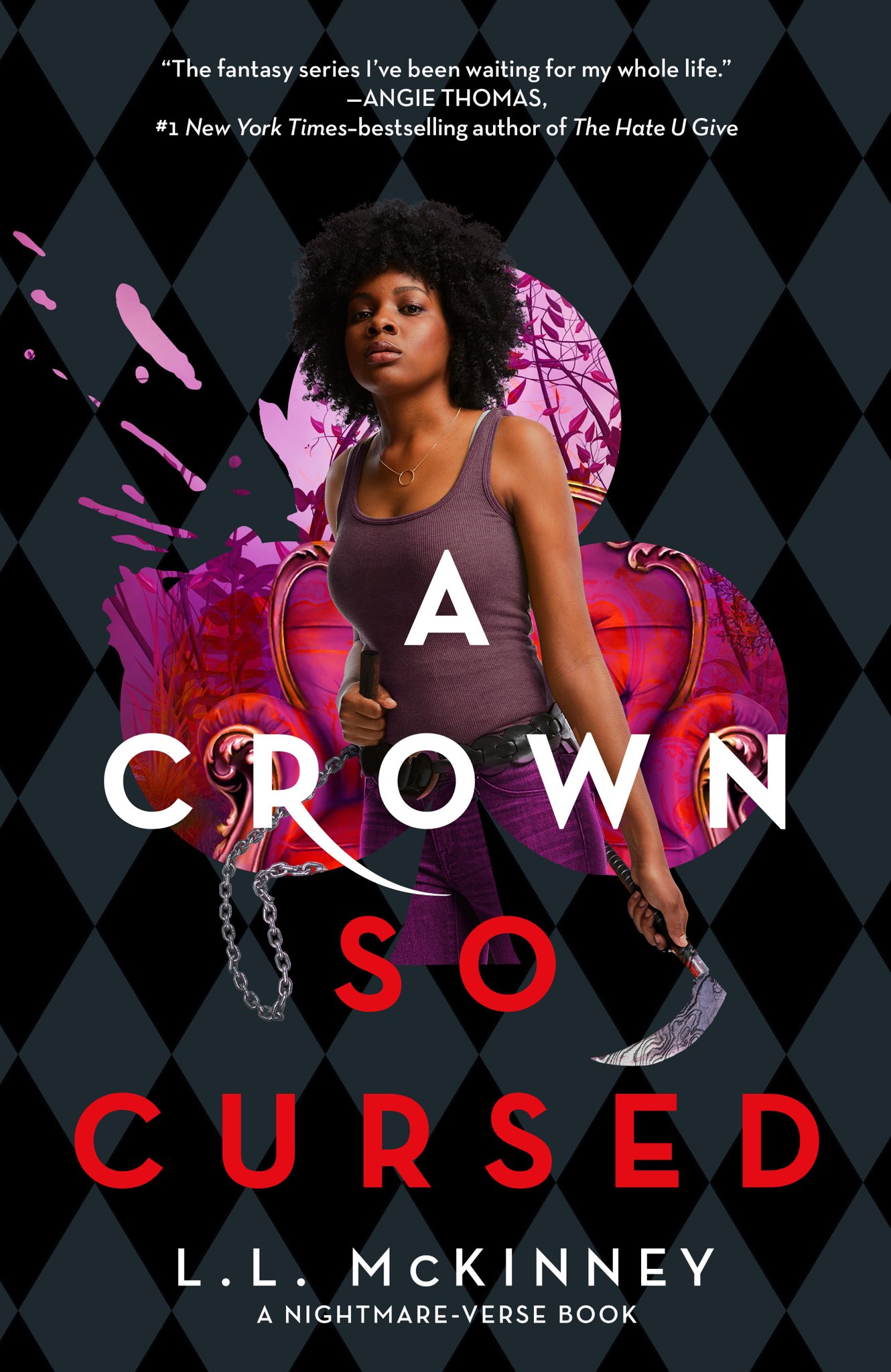“Black Girl Unlimited” Shows the Magic of Surviving and Thriving
“Black Girl Unlimited” Shows the Magic of Surviving and Thriving
In 2013, D.C. native Cashawn Thompson coined the phrase “Black girl magic” to celebrate the resilience and accomplishments of Black girls and women.
Since then, the phrase has become a movement to acknowledge Black women from various fields and backgrounds. With her novel Black Girl Unlimited, author Echo Brown gives Black girl magic to a character that is partially inspired by Brown’s own experiences.
Echo Brown is a poor, dark-skinned Black girl who lives on the East Side in a small apartment, with little food. Her parents have drug addictions. She is also a wizard who can create portals to the West Side, where schools have plenty of resources for students and families are white and rich. Moving back and forth between both worlds, Echo is soon forced to give up parts of herself to fit in, and a dark veil threatens to engulf her. Now, Echo must call upon her magic to fight to be her fullest self.
With her novel Black Girl Unlimited, author Echo Brown gives Black girl magic to a character that is partially inspired by Brown’s own experiences.
One of the most notable things about this book is how honest it is. It doesn’t sugarcoat the many factors that influence the lives of Echo and those around her, including poverty, drug addiction, mental illnesses, colorism, sexual violence, and misogynoir. When the book opens, Echo’s house is on fire, and her mother, April, is passed out in a cocaine-induced coma. Echo is six years old. Yet the book is also honest in showing the magic that can come from Black people doing what they must to survive and thrive. Echo’s mother, April, is in fact the first person shown to be a wizard in the novel, providing for her children by making something out of nothing.
The book is also honest in showing the magic that can come from Black people doing what they must to survive and thrive.
The magic in this book is powerful because of how it is shown in the narrative. Through the use of elements of magical realism, Brown depicts magic as a force that can bestow something, change perspectives, and inspire others. Each chapter is organized into lessons that Echo learns as she comes of age and develops her magical abilities through experience and with the help of other wizards, who are family, neighbors, and friends. One of these abilities involves being able to see the light and darkness within others, which allows Echo to empathize more with others and be in touch with herself. Seeing the darkness is especially significant because of how Echo and other characters battle depression, which is symbolized by a black veil.
Yet the magic is only as powerful as the characters who use it. Significantly, the relationship between Echo and her mother involves multiple roles. Echo and April are mother and daughter and teacher and student, and what connects them is a complicated love rooted in intergenerational trauma. Both Echo and April experience the same trauma in different ways, and that affects their relationship and how they move through the world. Reading how the two of them experience and cope with trauma can be harrowing, but it can also provide comfort.
In addition to the characters who are wizards, there are also other notable characters who impact Echo in positive and negative ways. Echo’s brothers, Dre and Rone, give her a reason to survive and cultivate her magic to its fullest potential. On the other hand, Black male characters like Prince Mack and Mr. Coleman hinder Echo through actions and words that embody misogynoir, classism, and colorism. There are also characters like Tiffany, a Black girl who initially bullies Echo before she stops and takes a hard look at herself. Taken as a whole, the Black characters in this book are all flawed and relatable in some way.
Overall, Black Girl Unlimited is a brutal and beautiful read that shows there is magic in surviving and thriving.
One final aspect of this book I enjoyed was seeing Echo gradually learn to speak up for herself and others through her magic and as a budding writer. A poignant chapter shows Echo finally tapping into her true potential using poetry and magic. It is a communion of sorts that brings Black youth together in a dazzling way and left me feeling less burdened and more hopeful.
Overall, Black Girl Unlimited is a brutal and beautiful read that shows there is magic in surviving and thriving. To quote a poem from Dr. Maya Angelou, “Nobody, but nobody can make it out here alone.” Black Girl Unlimited demonstrates that the most vulnerable Black people can be powerful if they have the resources to grow and help each other.

The Afro YA promotes black young adult authors and YA books with black characters, especially those that influence Pennington, an aspiring YA author who believes that black YA readers need diverse books, creators, and stories so that they don’t have to search for their experiences like she did.
Latonya Pennington is a poet and freelance pop culture critic. Their freelance work can also be found at PRIDE, Wear Your Voice magazine, and Black Sci-fi. As a poet, they have been published in Fiyah Lit magazine, Scribes of Nyota, and Argot magazine among others.








 Magnifique Noir Book 2: You Are Magical
Magnifique Noir Book 2: You Are Magical 


 Tristan Strong Destroys The World
Tristan Strong Destroys The World Felix Ever After
Felix Ever After






Recent Comments